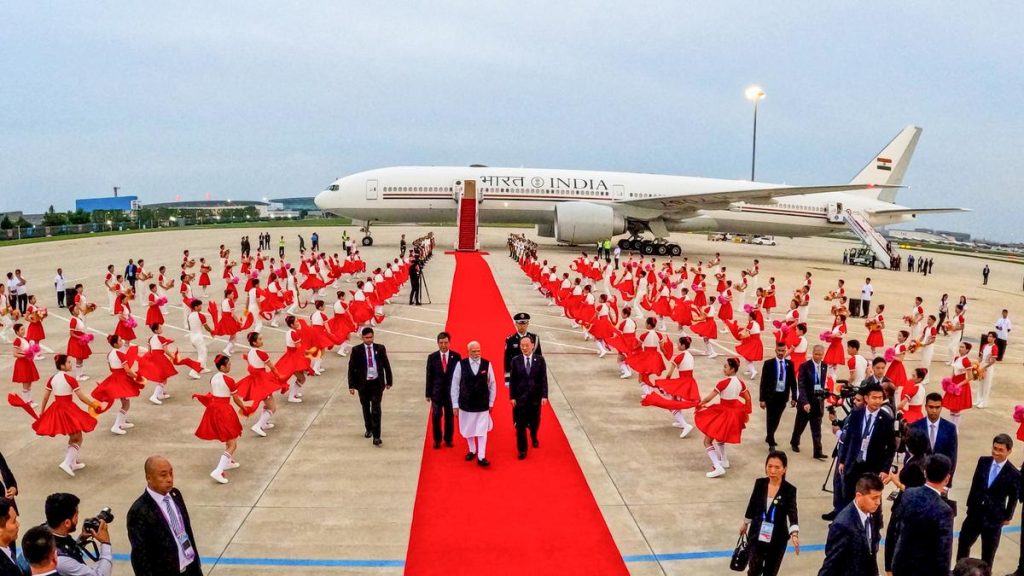Now Reading: How Trump’s Education Bill Could Reshape Colleges and Student Policies
-
01
How Trump’s Education Bill Could Reshape Colleges and Student Policies
How Trump’s Education Bill Could Reshape Colleges and Student Policies

Quick Summary
- Legislative Changes: President Trump’s “Big Beautiful Bill,” signed on July 4, overhauls student loan borrowing and repayment in the U.S., with impacts on graduate education, Parent Plus loans, and college accountability.
- Student Loan Repayment: Starting July 2026:
– Only two repayment options will remain: the Standard Plan (fixed payments over 10-25 years) and Repayment Assistance Plan (income-driven payments capped at 1%-10% adjusted gross income for up to 30 years).- Grad Plus loans capped at $100,000 lifetime ($20,500 annually), professional school borrowers limited to $200,000 total.
- Parent Plus Loans Revision: Aggregate cap per child set at $65,000; annual limit of $20,000. Expected to impact low-income families disproportionately as borrowing limits tighten.
- Accountability Measures: An “earnings test” begins in July 2026. Programs lose federal loan eligibility if graduates’ earnings do not surpass certain benchmarks. Colleges viewed as producing poor outcomes face penalties.
- Endowment Taxes Increased: Wealthiest private colleges will see excise taxes raised from the current rate of 1.4% to up to 8%, depending on endowment levels and enrollment size.
- Survey Results & Reactions:
– Only ~20% of students polled understand implications of new law changes.
– Over one-third consider scaling back education plans due to new provisions.
Indian Opinion Analysis
The “Big Beautiful Bill” introduces sweeping changes aimed ostensibly at simplifying student loan processes while promoting fiscal duty for colleges-but comes with significant trade-offs.For India-U.S. academic relations and students heading abroad for higher studies-especially masters or professional degrees-the bill’s loan caps could create barriers in affordability.
Graduate access now faces stricter financial ceilings which may favor wealthier households while burdening others with private loans lacking forgiveness safeguards. Although proponents argue tuition costs will stabilize due to constrained funding sources like Grad Plus loans,opponents note that lower borrowing limits may discourage aspiring professionals like doctors or lawyers-a step that could adversely impact global competitiveness even amidst top-tier opportunities.
The introduction of accountability through earnings metrics aligns with India’s recent moves toward openness in education quality; however restrictive adjustments targeting prestigious institutions’ endowments underscore long-term concerns that unintended consequences-including tuition hikes-may offset accessibility efforts.
Indian aspirants should carefully assess escalating costs under constrained policies abroad against domestic or alternate international opportunities when considering academic relocation strategies.
Read More: Link

























